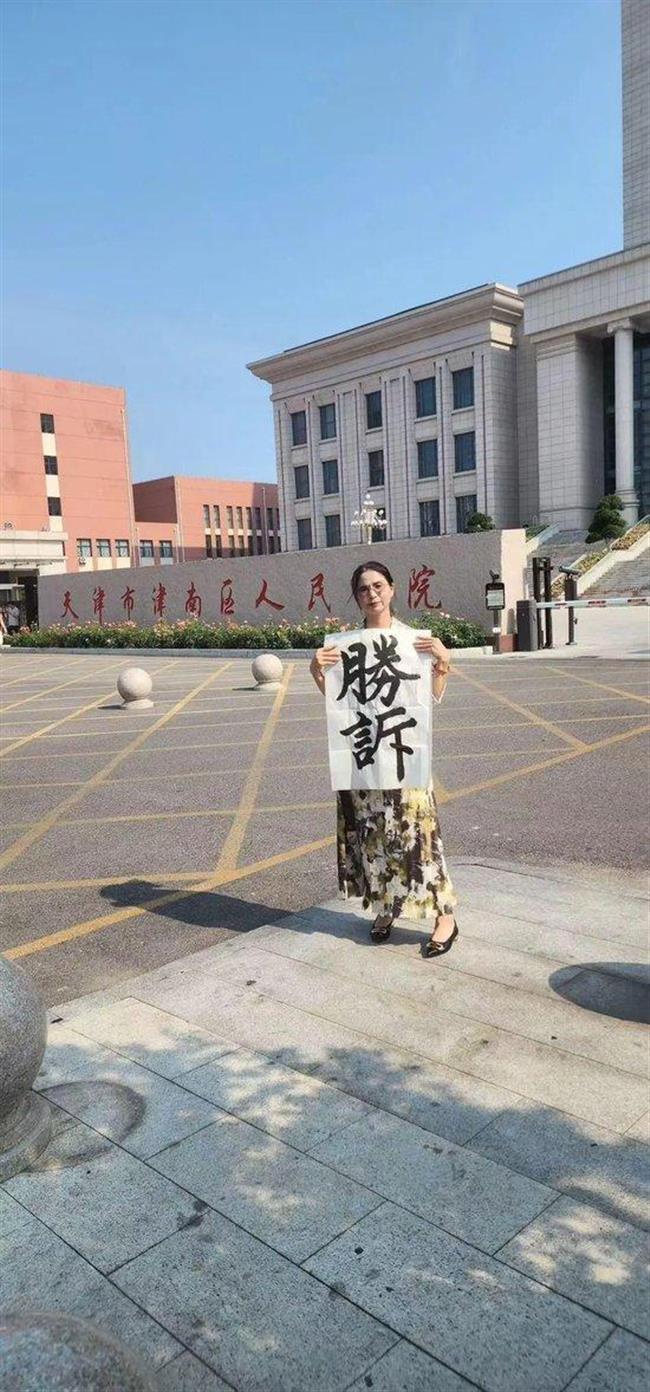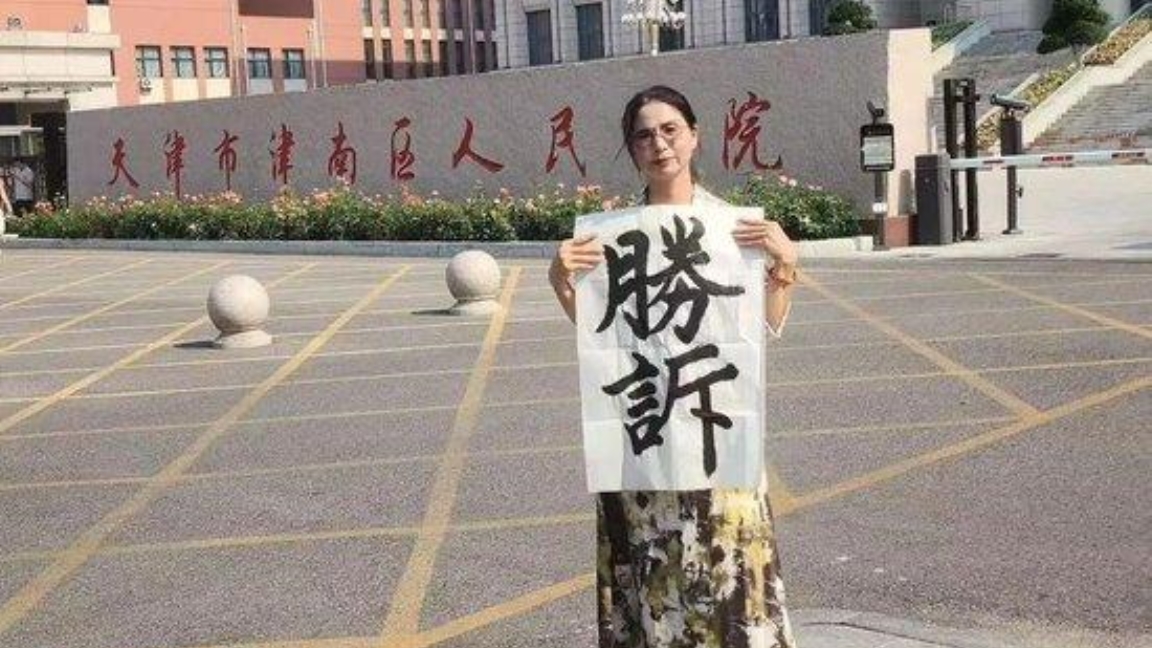
A woman who was sexually assaulted by her boss during a business trip has been recognized as having suffered a work-related injury and was granted 1.13 million yuan (US$157,462) in compensation — the first case of its kind in China, The Paper reported today.
Cui Lili, a sales director, was sent on a business trip to Hangzhou, capital of east China's Zhejiang Province, in September 2023. During a business dinner on September 22, she became intoxicated and was sexually assaulted by the company's controller and general manager, surnamed Wang.

Surveillance footage from the night of the incident
After recovering fragments of memory and obtaining hotel surveillance footage, she reported the incident to the police on October 3. On April 2, 2024, a court found Wang guilty of rape and sentenced him to four years in prison.
Shortly afterward, on April 18, 2024, Cui was dismissed by her company for "failure to follow the leave policy and absence without cause." She then began a lengthy legal process to have her case recognized as a work-related injury.
On August 11, 2025, the Tianjin Jinnan District People’s Court ruled against DECO Automotive Co Ltd in its lawsuit seeking to overturn a work-related injury certification. The company did not file an appeal within the 15-day statutory period, making the ruling effective as of August 21.
The decision legally affirms that Cui's injury qualifies as a work-related injury.
However, the dispute between Cui and the company is not fully resolved. Despite the confirmed certification, the employer has refused to pay work-injury benefits such as wages during the medical suspension period. Cui’s labor dispute case against the company is still awaiting a court hearing.

Cui Lili was photographed outside the court in Tianjin holding a paper reading "victory (胜诉)" after winning her work-related injury lawsuit.
Cui's case was officially recognized as a work-related injury, making her the first person in China to receive such recognition in a workplace sexual assault case.
The ruling is a landmark decision that sets a precedent for similar cases, clarifying that rest areas on business trips count as workplace extensions, psychological harm qualifies as a work-related injury, and an employee's intoxication does not absolve the employer of liability.

